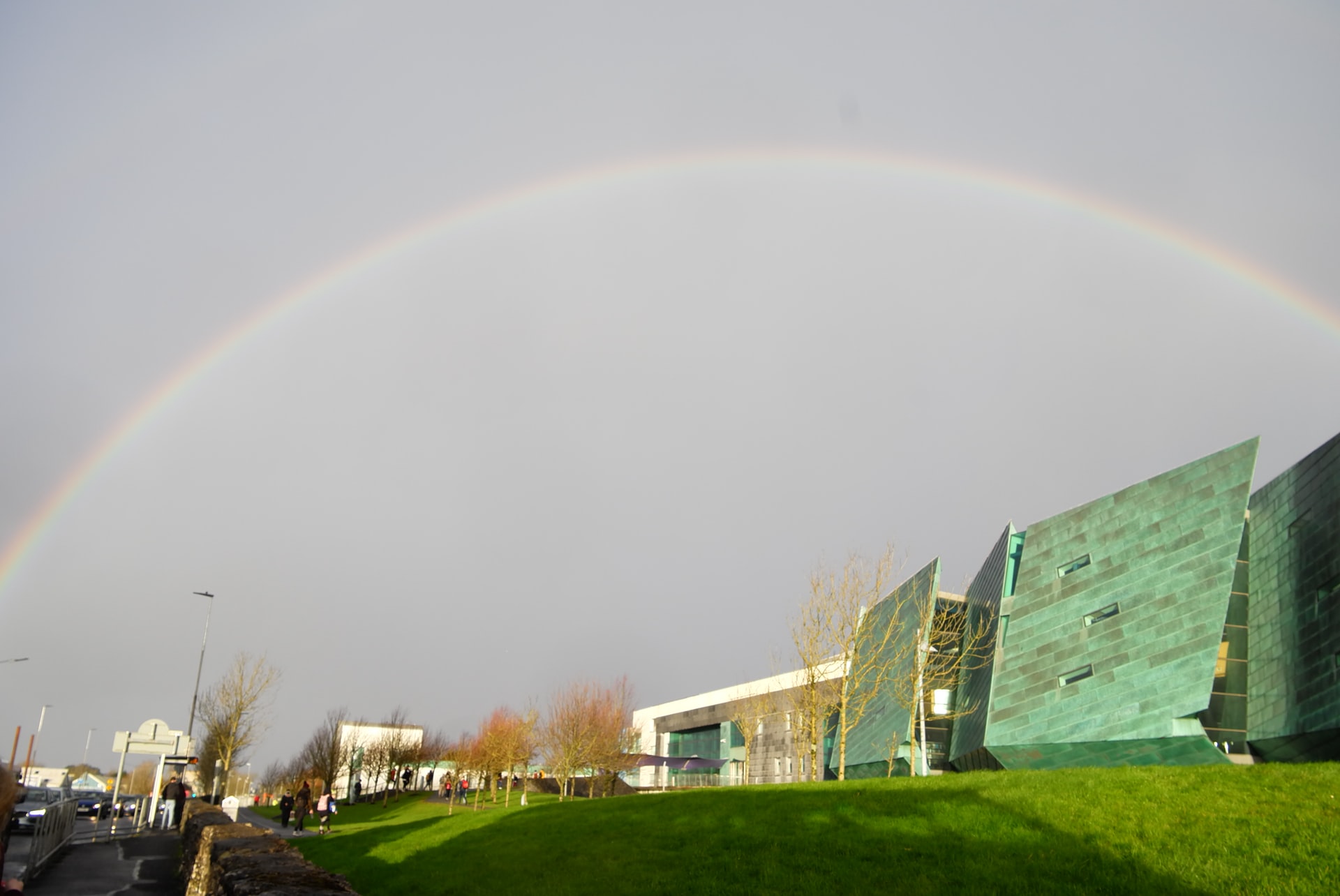The importance of AI technology in tackling the biodiversity challenge in Ireland

Noel O’Connor, the CEO of Insight SFI Research Centre for Data Analytics, believes we must explore how the technology industry can deliver a national data infrastructure capable of tackling biodiversity loss in Ireland.
The Citizen’s Assembly on Biodiversity Loss met for the first time recently, three years after the Government announced a climate and biodiversity emergency. The assembly explored opportunities to improve the policy and strategies for biodiversity and other areas such as sustainable development, climate action, agriculture and tourism.
Since the early 70s, we have lost approximately 68% of our wildlife worldwide. If this pattern continues, it could lead to increased food demand, reduced household incomes and an increase in land prices.
According to reports, the loss of biodiversity in Ireland consists of unique elements that are not being addressed, partly due to a lack of coherent data. The Biodiversity Trends Explorer project focuses on specific land use data and biodiversity loss. Analysts suggest that this data is valuable and presents a real opportunity to address the biodiversity challenge.
New technology such as AI sensors and data systems can support conservation teams on a large scale. AI can play a pivotal role in addressing the biodiversity challenge, especially with the unique opportunities and barriers in the Irish environment. Ireland can only tackle the challenges faced with what it can measure and assess. Measuring habitat loss in Ireland cannot happen with data from other regions.
Industry professionals are urging for a dedicated team of environmental researchers based in Ireland to measure and respond to the specific issues in the country. For example, what information do we have about the loss of species in the wetlands in Ireland, resulting in a 10% reduction in land area over the last 30 years? There is little emphasis on the value of wetlands as a fuel source and their impact on climate action. Wetlands are more efficient at carbon-sequestering than rainforests.
There is significant expertise in Ireland capable of working on these issues. Researchers at Maynooth University are focused on climate change and sea-level rise. NUI Galway has a strong team of data researchers creating AI tools to monitor wetlands. Trinity College and Dublin City University are using drone technology for the iHabiMap project for mapping habitat distribution in grasslands, uplands and coastal areas of Ireland.
O’Connor explains that SFI Research uses data infrastructure to produce significant datasets generated by drones and sensors into a format that can be shared and used to create measurable actions. Many research centres in Ireland are developing data-focused climate monitoring. O’Connor believes Ireland requires a national data platform connecting all of these projects. SFI Research is expanding its capacity for generated data captured by communities, using their devices to record habitat changes and species activities. Citizen mapping is a powerful tool for biodiversity monitoring if there is a central, national framework for utilising the information collected.
The infrastructure is available to create an AI-enabled decision-making system for the habitats of Ireland, but it requires a collaborative approach. The State of Conservation Technology report published last year included some positive elements for wildlife conservation. Over half of the respondents working in the industry were more optimistic about the future of conservation technology compared to the previous year. People highlight the progress, the increased availability of conservation technologies and the importance of collaboration.
The authors explained the need to move from a fragmented project structure competing for limited resources to a more coordinated system with supportive funding options. AI and other technologies are already transforming many industries, and this report highlights the opportunity to invest in these areas to utilise their potential for conservation.
Tackling biodiversity loss in Ireland requires a national-wide commitment to creating the environmental data infrastructure that enables researchers to use the benefits of AI and other technologies. This approach will enhance habitat and species protection and increase Ireland’s understanding of AI in sustainable development, generating skilled jobs and connecting Ireland to a global AI network.
All News
